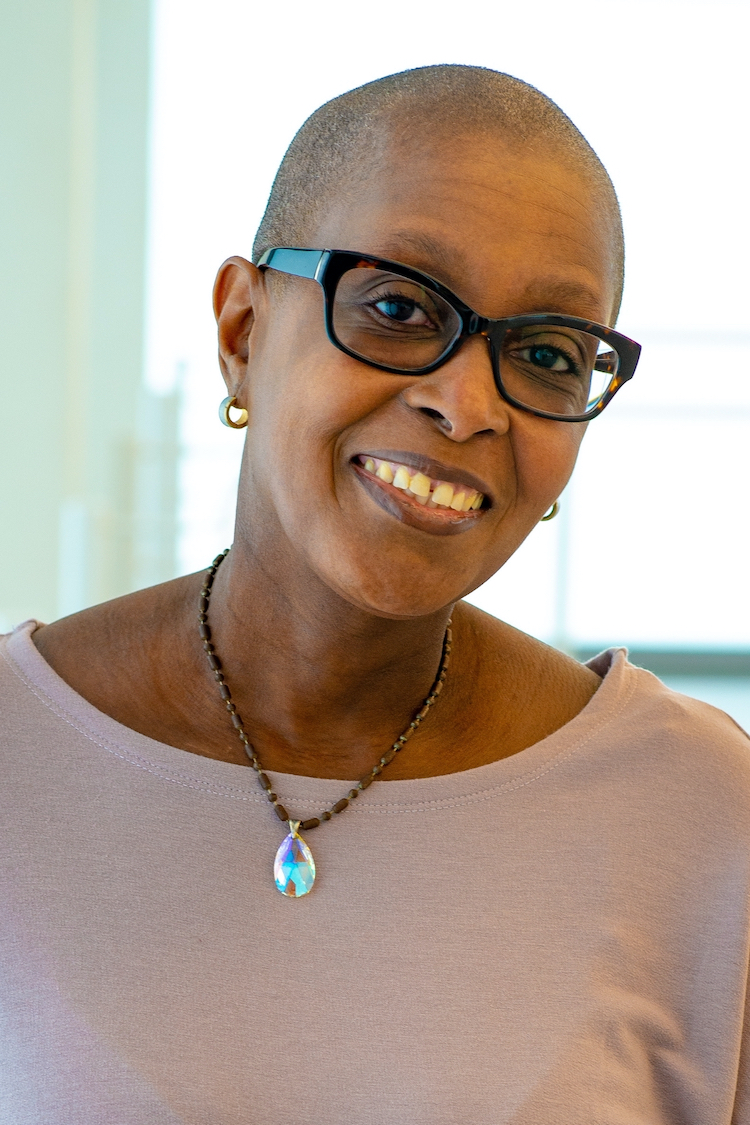Being the driving force of an organization’s learning and development strategy is no easy feat. But of course, you already know this. For most of you reading this article, this is your job. You also know that, sometimes, when important decisions have to be made, everything falls upon you. When this happens, do you have a process to inform your thinking in an organized way so you can make the best decision?
This article discusses the importance of implementing self-coaching tools into your everyday life. It will also provide coaching models you can use to manage stress better and to grow personally and professionally.
However, before proceeding further, it is important to define self-coaching. For the purposes of this article, self-coaching is: “Taking personal responsibility for one’s life by tapping into one’s inner wisdom, setting goals and working to achieve them; using various tools to help one manage priorities and cope emotionally.”
It is important to note that while self-coaching involves one simultaneously assuming the role of both the coachee and the coach, it is not intended as a replacement for the experience of working one-on-one with a professional coach.
According to the article, “Comparing the effectiveness of individual coaching, self-coaching, and group training: How leadership makes the difference,” professional coaching is more effective than self-coaching. But self-coaching is intended to improve the coaching process for active clients or to be a resource after the completion of a coaching commitment. For those who don’t have the ability to work directly with a coach, it offers a structured and continuous approach to managing one’s growth and professional development.
Why is it important that CLOs, learning leaders, and their managers practice self-coaching?
- Its definition emphasizes why self-coaching is important. It contains powerful words and phrases such as personal responsibility, inner wisdom, setting goals, managing priorities, coping emotionally – all qualities required to be an effective leader.
- It involves self-reflection and inner dialogue that allows continuous checking of one’s thoughts, feelings, and behaviors.
- Self-coaching allows one to model acceptable behaviors.
- Knowing how to self-coach is a transferable skill that stays with a person if they remain in place or move up or across an organization.
- Research also shows that self-coaching cultivates high levels of self-regulation and self-motivation
Two self-coaching models — the GROW and ABCDE — help to not only provide structure to the coaching “dialogue,” but also ensure that a problem is explored thoroughly and from different angles.
The GROW Model
GROW is a popular coaching model that was created in the late 1980s by Sir John Whitmore and his colleagues to help with problem-solving, goal setting and performance improvement and to guide one’s thought process by asking four key questions.
GOAL – What do you want to achieve?
REALITY – Where are you now?
OPTIONS – What could you do?
WILL – What will you do?
The ABCDE Model
Another popular coaching model — ABCDE, is a form of behavioral therapy created by Dr. Albert Ellis. It is helpful for challenging one’s belief when self-coaching. Below is an explanation of this acronym and some examples of questions to ask for each of them.
Activation of an event or situation — Understanding the trigger, which often implies negative self-talk. A question to ask is, “What is causing me to feel uneasy, stressed, or uncomfortable?”
Beliefs — Our interpretation of A (the activating event). A question to ask is, “Why did this trigger me?”
Consequence — The impact — emotional, cognitive and behavioral, that our beliefs have on us. A question to ask is, “What actions did my thoughts lead me to take?”
Disputing beliefs — Exploring more helpful and constructive alternative beliefs about A (the activating event). A question to ask is, “What else could have been true or the cause behind the event?”
Effective way — Explores new, constructive ways to respond to A (activating event). A question to ask is, “What might be a wise way to react?”
Aristotle once said; “Knowing yourself is the beginning of all wisdom.” Although not explicitly expressed above, self-coaching is a valuable pathway to self-awareness, as it helps you to tap into your inner wisdom.















